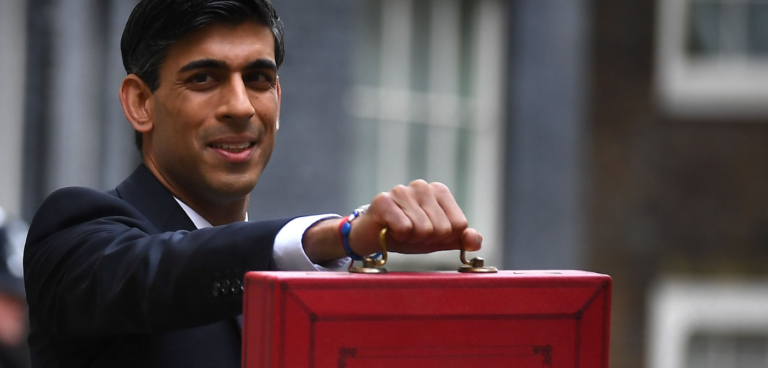Following Rishi Sunak’s budget announcement, various transportation organisations have commented on what the chancellor’s plans mean for the industry.
With fuel duty frozen for the eleventh consecutive year, hydrogen fuel-cell technology developer AFC Energy described the freeze as a missed opportunity.
Adam Bond, CEO, AFC Energy, said: “It’s unfortunate that an opportunity was missed to catalyse much-needed investment into alternative fuel sources by the chancellor implementing a fuel duty freeze.
“We believe he could have gone further in considering fuel duty changes; this includes penalising the use of red diesel in industry, which the chancellor has previously admitted distorts competition and acts as a block on green alternatives.”
This was echoed by public transport company Go-Ahead, whose chief strategy and customer officer, Katy Taylor, argued that “rather than adjusting rates of fuel duty, it is surely time to consider a broader road pricing scheme, which will encourage people to think harder about the social and environmental cost of private car usage”.
The bus and rail operator called on the Treasury to provide further support for green transport solutions and said it wanted to see policies encouraging people to leave their cars at home in favour of emission-reducing active travel modes or public transport.
Furthermore, Go-Ahead suggested levies on workplace parking should be introduced, along with a scrappage scheme for second cars or mobility credits. However, the company welcomed Sunak’s super-deduction tax initiative, adding that it could enable investment in green transport technology.
Beginning in April, the new super-deduction will cut companies’ tax bills by 25p for every £1 they invest in new equipment. According to the chancellor, this will enable companies to reduce their taxable profits by 130% of the cost. The Treasury said this is worth £25bn to companies over the two-year period the super-deduction will be in full effect.
Taylor added: “We will be looking carefully at the chancellor’s super-deduction scheme to understand if it will make it easier for the transport industry to invest in green technology – including electric buses, which are expensive upfront but deliver long-term returns in cleaner air and improved public health.”
Meanwhile, AFC Energy’s Adam Bond welcomed the news that eight new freeports will be created across England. He said: “Freeports have the opportunity to become significant commercial centres for the UK, boosting inward investment, creating jobs and driving the country’s economic recovery.
“As part of the government’s drive to “build back better”, we believe it is crucial that these freeports are developed in a sustainable way and capitalise on the opportunity to reduce GHG emissions by adopting zero-carbon technologies – particularly in port-side operations and the maritime sector as demanded by the UK’s Maritime 2050 Strategy.”
The new freeports will be launched at East Midlands Airport, Liverpool, Felixstowe, Humber, Plymouth, Thames, Teesside, and Solent. These international gateways are set to enjoy tax breaks from later this year.
Engineering consultancy Mott MacDonald also backed the freeports announcement” “We believe the government’s decision to move forward with eight new freeports will provide significant opportunities to support regeneration, job creation and investment,” said Cathy Travers, UK and Europe regional business managing director at Mott MacDonald.
“These have the potential to boost the ambition to ‘level up’, and act as a cornerstone for an innovative, productive, resilient and low carbon society.”





